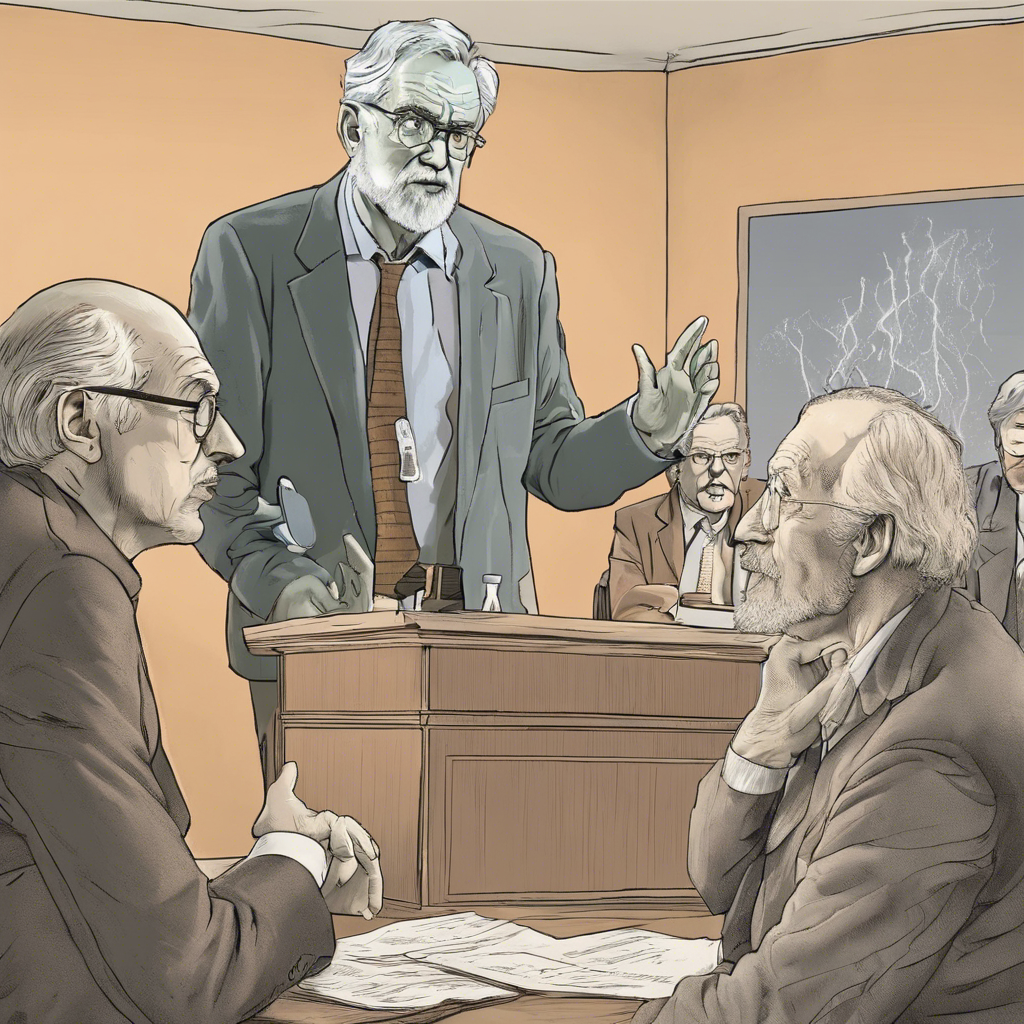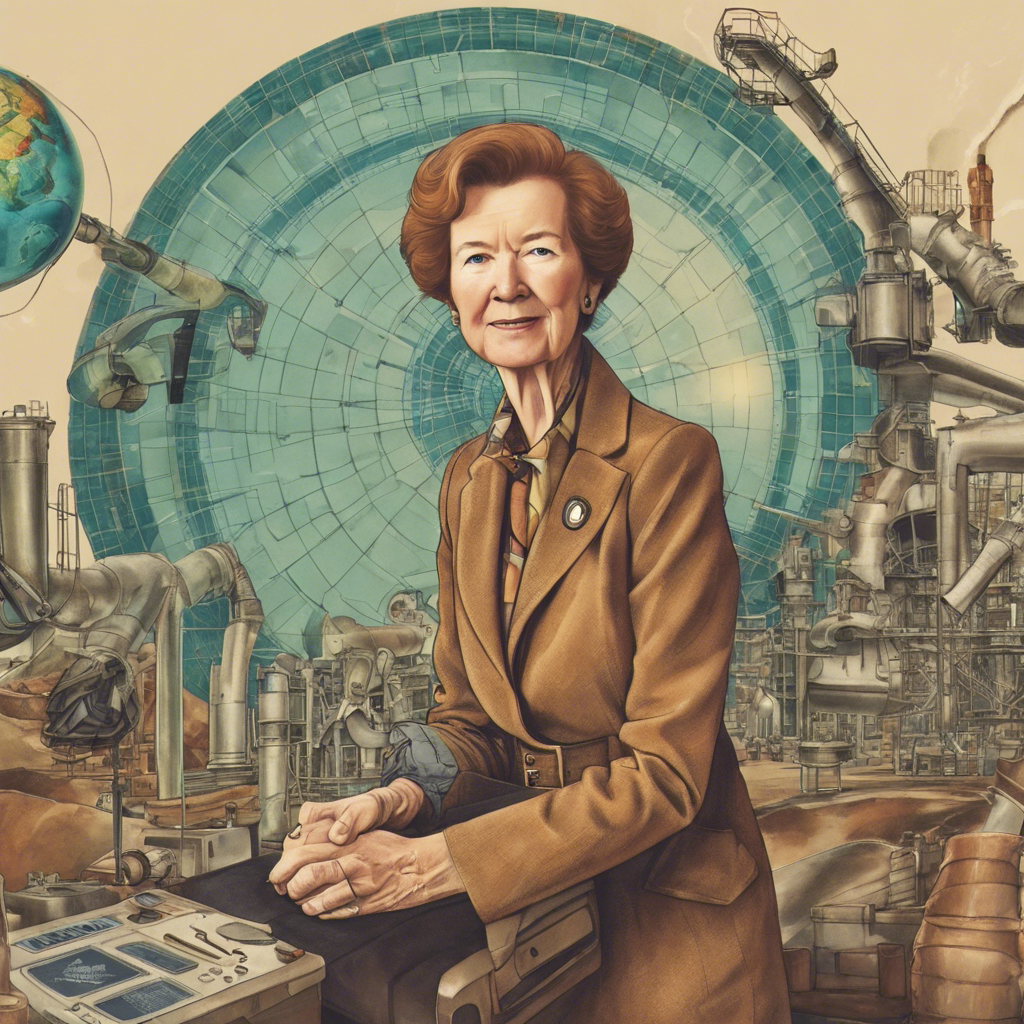The Climate Change Debate: A Nobel Laureate’s Controversial Stance

Nobel-winning physicist John Clauser’s denial of climate change raises questions about the validity of his claims
In a recent article titled “No climate crisis,” a Nobel-winning physicist declares,” John Clauser, a renowned physicist and Nobel laureate, asserts that there is no climate crisis. However, his claims have sparked controversy and skepticism among experts and the scientific community. As the debate over climate change continues to intensify, it is crucial to examine the credibility of Clauser’s assertions and evaluate the evidence supporting or refuting his stance.
1: Clauser’s Unpublished Claims and the Temperature Record
Clauser’s argument suggests that increased carbon dioxide emissions lead to expanded cloud cover, resulting in a net cooling effect on the Earth’s temperature. However, critics question the validity of his claims, as he has not published any supporting peer-reviewed articles to substantiate his assertions. Furthermore, Clauser’s argument contradicts the reality of rising global temperatures. Despite his theory, the Earth has been consistently setting temperature records, indicating a clear trend of warming.
2: The Lack of Scientific Consensus on Clauser’s Claims
While Clauser’s work in quantum mechanics earned him the prestigious Nobel Prize in physics, experts argue that his expertise in this field does not automatically translate to climate science. The scientific method requires rigorous testing and confirmation or falsification of hypotheses. In the case of climate science, Clauser has neither confirmed nor falsified his claims. This lack of empirical evidence raises doubts about the credibility of his stance and its compatibility with the established body of climate science.
3: The Pitfalls of Correlating Different Fields of Science
By attempting to correlate the insights of quantum mechanics with climate science, Clauser commits what is known as a “category mistake.” This error arises when two dissimilar fields, such as quantum mechanics and climate science, are treated as if they belong to the same compatible domain. While Clauser’s contributions to quantum mechanics are commendable, they do not automatically grant him the same level of expertise or authority in climate science. The boundaries between these fields must be respected to ensure scientific rigor and accuracy.
4: The Importance of Peer-Reviewed Research and Scientific Consensus
The scientific community relies on peer-reviewed research and scientific consensus to establish the validity of claims and theories. Clauser’s failure to publish his assertions in peer-reviewed journals raises concerns about the credibility of his arguments. Climate change is a complex issue that demands evidence-based research and rigorous analysis. Without the support of empirical data and consensus among experts, Clauser’s claims remain speculative and lack the necessary scientific backing to challenge the overwhelming consensus on climate change.
Conclusion: While John Clauser’s contributions to quantum mechanics have been widely recognized and celebrated, his denial of climate change raises questions about the validity of his claims. The absence of peer-reviewed research and empirical evidence supporting his assertions undermines the credibility of his stance. As the world grapples with the urgent need to address climate change, it is crucial to rely on evidence-based research and scientific consensus to guide policy decisions. The debate surrounding climate change requires a thorough examination of the facts and a commitment to the principles of scientific inquiry.










